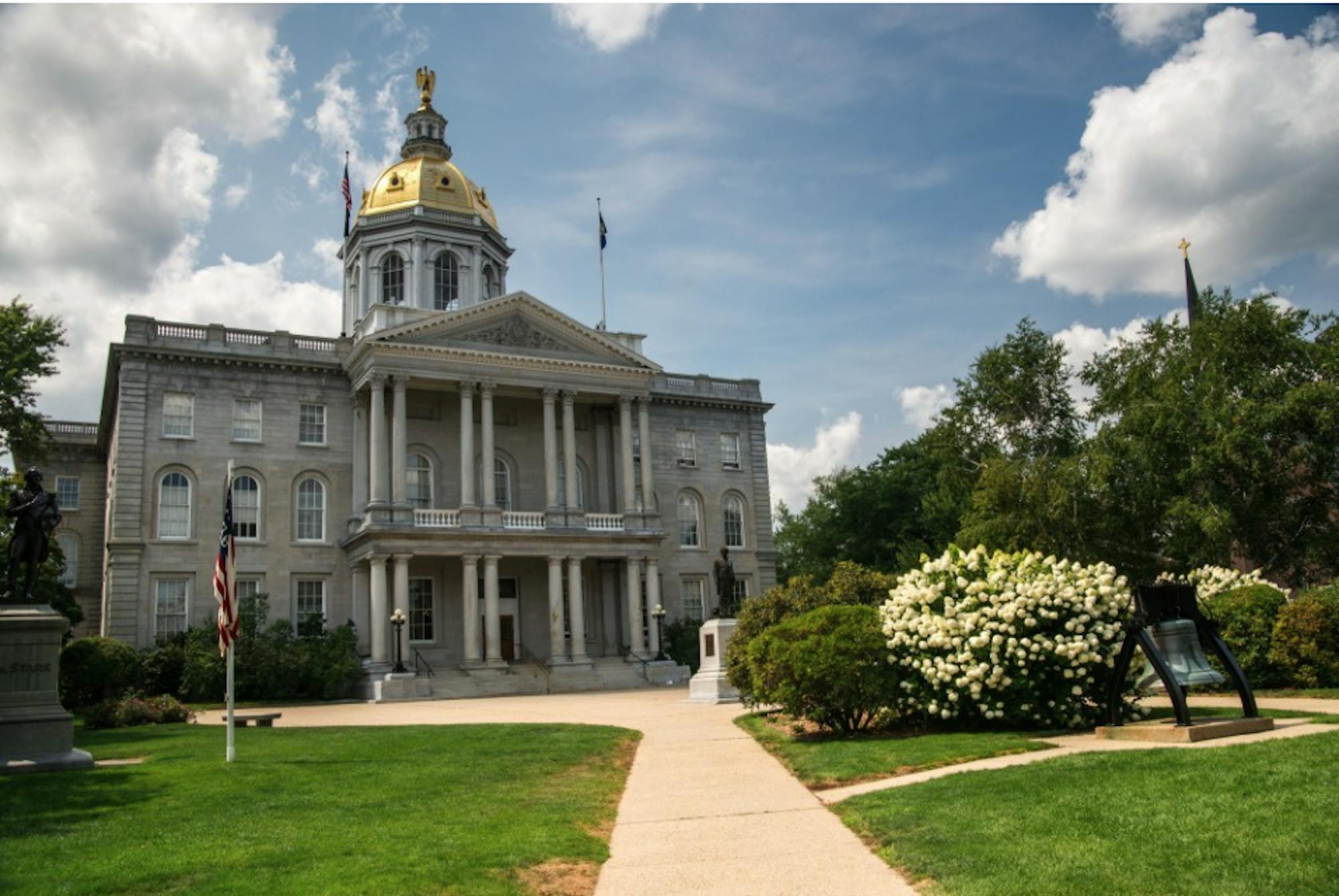On May 9, the New Hampshire State Senate recommended killing House Bill 639, a marijuana legalization proposal that passed the State House with bipartisan support, according to state Rep. Ross Berry, R-Hillsborough. One month earlier, the bill passed in the House on April 6 after Republican and Democratic House leadership agreed on marijuana regulations and taxes, dubbed the legislation’s “perennial issue,” according to Berry.
Shortly after the Senate rejected the legislation, Governor Chris Sununu reversed his long-standing opposition to marijuana legalization. Although he had previously expressed concerns with HB 639, in a May 12 statement, Sununu wrote that based on its popularity, legalization is “inevitable.” He outlined the marijuana regulations he would sign into law, which would involve state distribution, access and marketing. Recent polls by the University of New Hampshire suggest that seven in ten New Hampshire residents support the legalization of marijuana for recreational use.
Though Berry acknowledged that some of the concerns raised by the State Senate and Gov. Sununu were valid — such as people smoking in public and exposing others to contact highs — he said that the Senate should have removed the aspects of the bill they found objectionable and passed an amended version.
Berry explained that he has voted in favor of every version of HB 639 because “my job as a representative is to represent the people even if we disagree, and the people overwhelmingly support legalization.”
President of anti-legalization organization Smart Approaches to Marijuana Dr. Kevin Sabet said that increasing levels of THC have made the drug much more “potent,” raising potential health concerns. Sabet added that keeping the drug illegal would minimize its use, even if some use is inevitable.
“Keeping the promotion, sale and advertisement of marijuana illegal, while decriminalizing its use on an individual level, removes the incentive of the industry from driving up use,” he said.
As the only state in New England yet to legalize marijuana, New Hampshire has rejected previous bills in part because of the impact of the opioid crisis in the state, according to government professor and state Rep. Russ Muirhead, D-Grafton. The Granite State has seen some of the highest numbers of fentanyl and opiate deaths in the nation, which has discouraged support for marijuana legalization, according to Muirhead.
“I have not seen evidence that marijuana is a gateway to heroin anymore than drinking beers is a gateway to heroin,” Muirhead said. “They’re both drugs and can be abused.”
Muirhead said that if Gov. Sununu had spoken up about his support for legalization earlier, the governor could have helped draft a bill with enough support to pass through the State Senate. He added that New Hampshire’s liquor sales, which are conducted through state-owned stores, could be an effective model for marijuana distribution.
“People feel like [the model] has led to control over dangerous substances while making them available to citizens at a fair price, so there’s sympathy for that model,” he said.
The earliest opportunity to propose a new legalization bill would be in September, during the next legislative session, according to Muirhead. Since legislators cannot introduce bills that are “substantially the same” as those introduced in the prior year, the Speaker of the House would have to confirm that the new legislation is distinct, he added.
Kyyen Shigley ’26 said that while she supported the bill, she believed that legalization would not significantly change marijuana use at Dartmouth.
While government regulation may increase safe use — because the state would control distribution from licensed contributors, decreasing the potential for marijuana to be laced with other substances — Shigley added that many people are simply not interested in marijuana.
“People have to learn how to smoke it, they have to learn what a high feels like and they have to learn how to like it because it is a negative experience for a lot of people,” she said. “I’ve heard quite a few people say they don’t like weed, so they turn to alcohol instead to get that effect.”
Muirhead said the debate over legalization begs “deeper questions about what makes young people want to alter their consciousness.”
“As a community, we need to talk about this and help each other discover ways of flourishing that might be consistent with a little drinking or smoking, but that don't make people feel like they have to obliterate themselves to relax,” Muirhead said. “Some people can only relax by going way out of bounds, but the deeper question comes when we attend to mental health in a more genuine and heartfelt way.”




